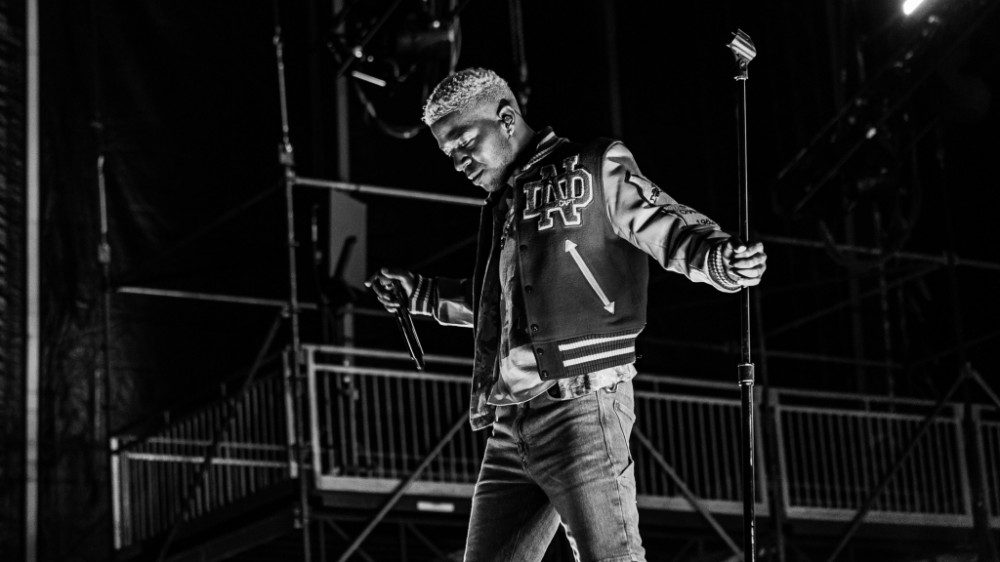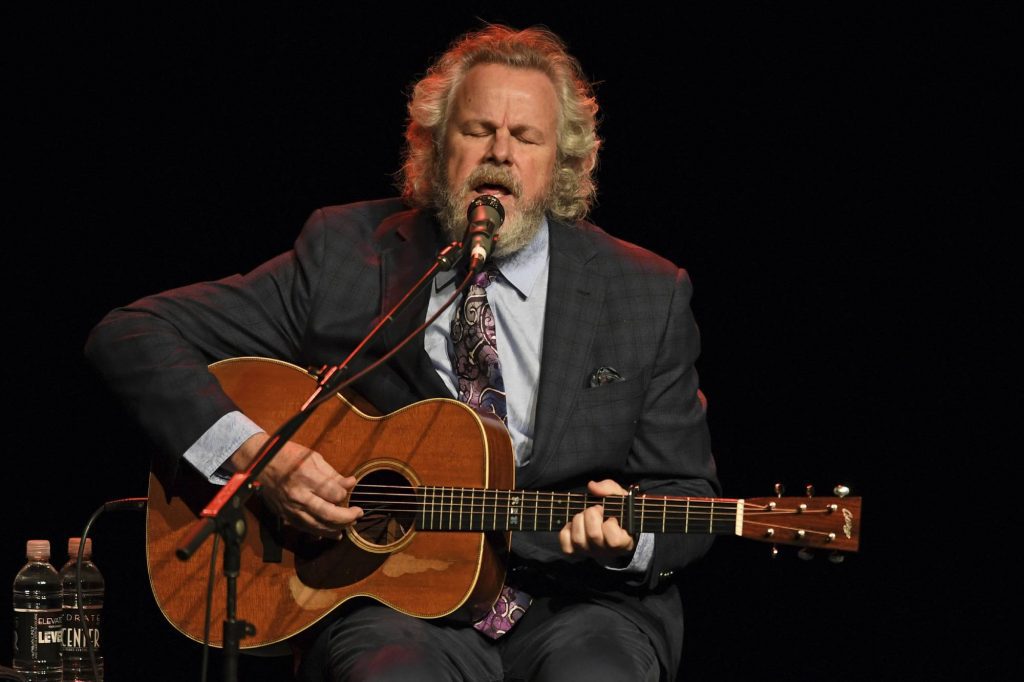
Ozuna’s ‘Ozutochi’ Is Slick Afro-Latin Pop That’s Steeped In Tradition
An extravagant tapestry of slick Afro-Latin pop, Ozuna’s much anticipated fifth album ‘Ozutochi’ delivers more of the laid-back grooves and nocturnal hooks that made the Puerto Rican vocalist’s ascent to global stardom look like a natural consequence.
This sprawling 18-track collection has a luxurious, tropical-flower-in-bloom feel. It’s a poignant, occasionally adolescent, love letter to the transformational beauty of reggaetón, mapping the genre’s odyssey from underground movement to international juggernaut. If, by now, you’re understandably suffering from the occasional bout of reggaetón fatigue, Ozuna wants to remedy that. Assisted by a battalion of producers, he speeds the beat up, then slows it down to lilting pop scale. He can make the rhythm sound nimble and progressive on “4:22” with Danny Ocean, then revert it to the retro charm of its streetwise origins on the kinetic “Días y Meses.”
Ozuna’s persona hasn’t changed, either. He’s the wide-eyed urbano prince para toda la familia, a songwriter who sees sex not as a muscle-flexing marathon imbued in domination and bodily fluids, but actually as a kinship where the most vulnerable participant gets to shine the brightest. Musically, the occasional romantic flourishes are endearing – a sax lick straight out of the Eighties, or the supple acoustic guitar on the love lament “Vida.”
Obsessively paced, the album renews itself in a joyful mid-section interlude that veers into merengue urbano (“Un Lío,” with Omega, authentic to the core with trumpet riffs and staccato synths) and the hypnotic dembow of “Perreo y Dembow,” with El Cherry. When the reggaetón returns, it’s luminous, like the ethereal duet with Tini on “Un Reel,” and the more combative “Somos Iguales,” with a typically showstopping spot by Tokischa. Lead single “La Copa” searches for the Holy Grail of Latin streaming: a fuzzy Afro-Caribbean pop-rock anthem for revelers of all ages.
It is no coincidence that “Mar Chikita” – one of OziTuchi’s most accessible tracks – features the husky voice of Pedro Capó, grandson of Puerto Rican bolero legend Bobby Capó. There is a threadline that unites the proto-salsa of Cortijo with the tropical bonhomie of El Gran Combo, the gentlemanly charisma of Gilberto Santa Rosa and the exuberant flow of Tego Calderón with Ozuna’s musical identity. On OziTuchi, he makes Afro-Caribbean tradition proud.
Editor’s Note: You may have noticed that we got rid of the stars on our reviews. If you’re an engaged music fan in 2022, your opinion isn’t going to be defined by some random number. We’ll tell you right away (with some new labels) when a new album is a must-hear or, in rarer cases, an instant classic. After that, our critics will help you make up your own damn mind.




